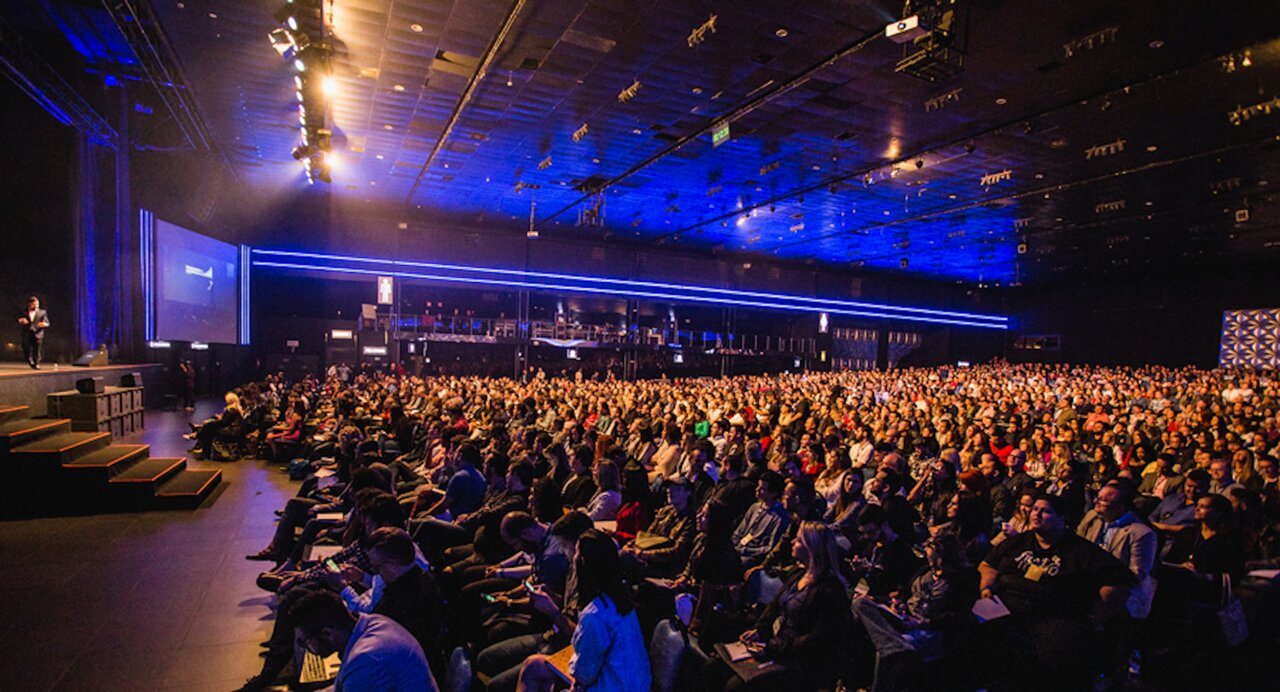On 25th January, EY announced its ambition to be carbon negative in 2021, setting targets to significantly reduce its absolute emissions, and removing and offsetting more carbon than it emits. (1)
Soon afterwards on 4th March, SAP announced its intention to become carbon-neutral in its own operations by the end of 2023 – two years earlier than it had previously hoped. (2)
With corporate giants announcing accelerations of their sustainability plans, it’s inevitable that other businesses across all sectors and sizes will continue to take the UN 2030 Agenda for Sustainable Development that’s fully supported by the UK government to their hearts. (3)
With corporate giants of this calibre announcing accelerations of their sustainability plans, it’s inevitable that other businesses across all sectors and sizes will continue to follow suit.
As a result, associations, corporate businesses and public sector bodies are scrutinising event sustainability for alignment with their firmly embedded sustainability strategies.
The past 14 months of pandemic-enforced lockdowns have caused particular turmoil and uncertainty in the events and hospitality sectors. But, it’s not all bad moving forwards, with demand for live and hybrid events reinvigorated due to the current easing of restrictions.
Event planners, agencies and venues virtual now have a much broader spectrum of event platforms available to them, providing greater access and wider reach than traditional in-person events.
Whilst familiarity around the delivery of re-formatted events builds, many event professionals are also embracing a long-overdue opportunity to increase the sustainability of events.
The ability to measure and report event carbon emissions or equivalents with meaningful results is more important than it’s ever been.
Even at planning stage, when organisers are considering potential host destinations and venues, the means to compare emissions footprints of destinations and venues is crucial for supporting overall business goals.
To supply to demand, many venues have evolved their sustainability programmes during lockdown and are willing to provide data around their own sustainability programmes. They fully understand that factors like sourcing locally, food wastage, green energy and the use of recyclable materials can make the difference between winning or losing events in a post-pandemic landscape.
The ability to plan for lower event emissions and measure them as the event delivers, comparing the results to previous events, is game changing for the organisations that have been asking agencies and venues for this sort of data for years.
Robust, transparent and certifiable measurement, reporting and analysis marks the advent of meaningful data that has previously been missing.
In addition, it’s a welcome opportunity to deliver real-time sustainability savings, marking a new era in futureproof event planning.
Sources –
SPONSORED CONTENT
Click here to see original post





